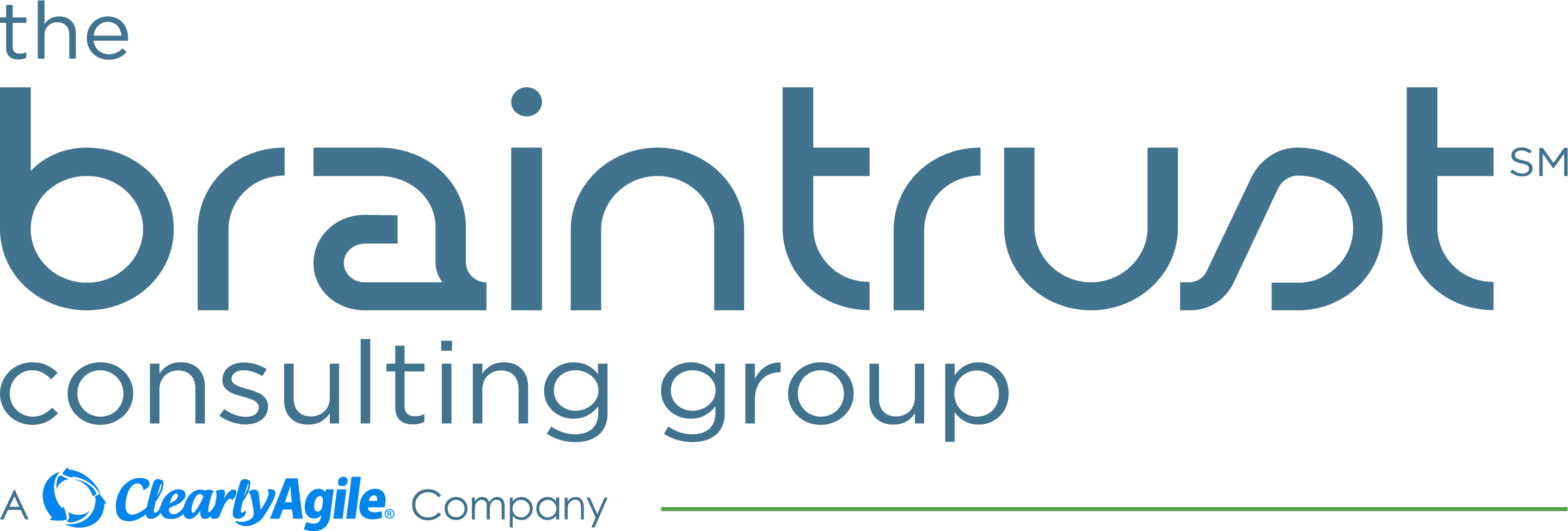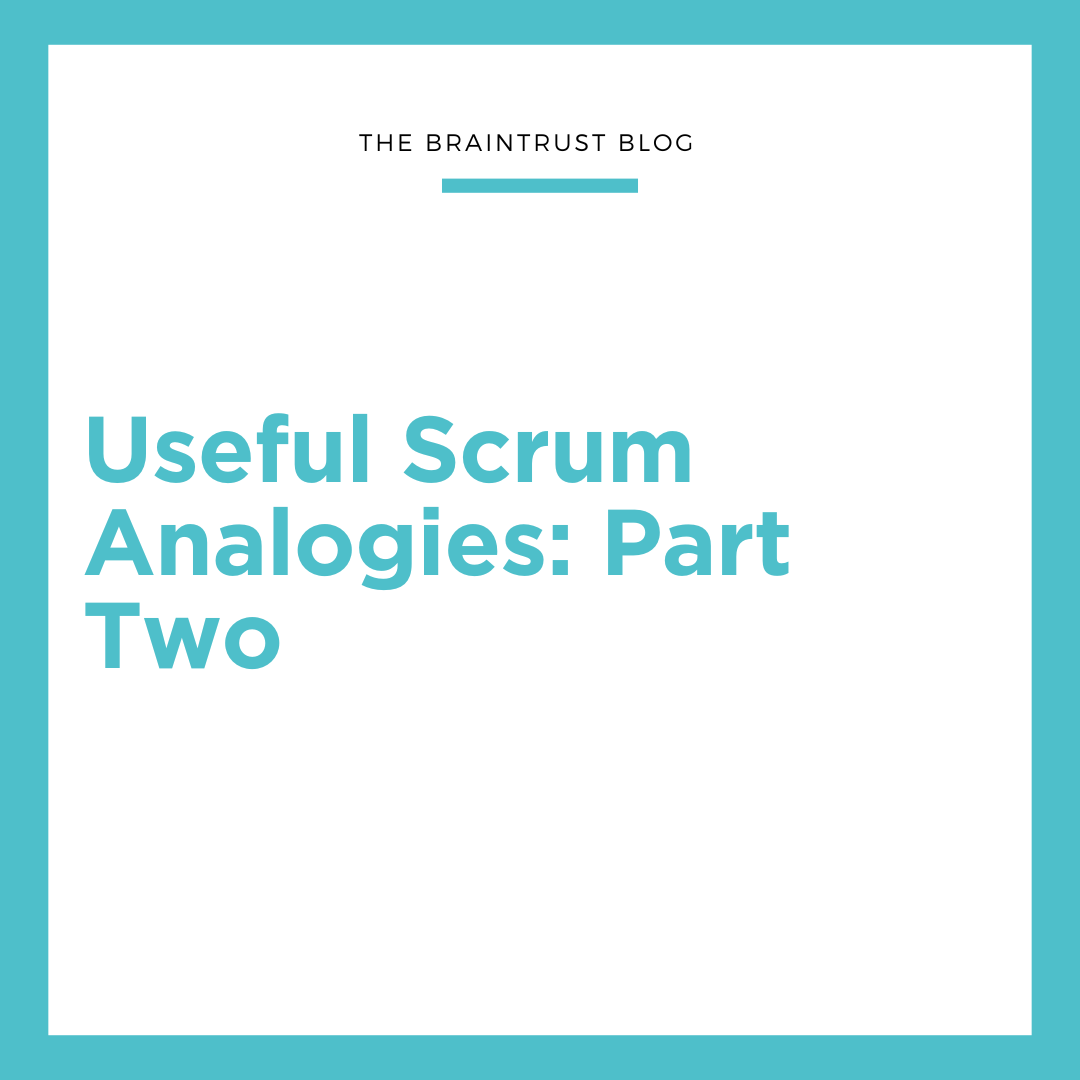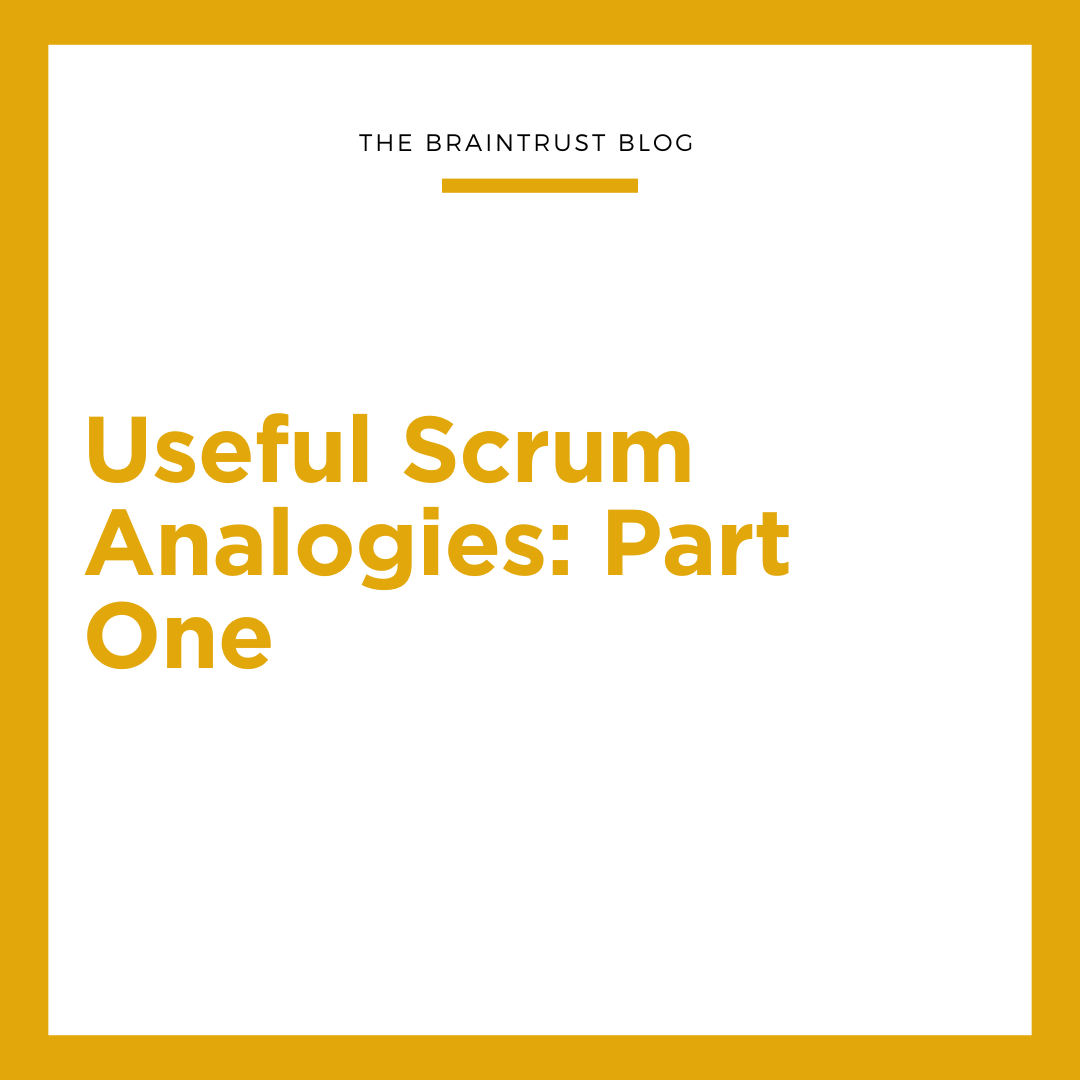Jonathan Rabon is guest posting for us this week and next week about the continuing progress of the process development he and Brian Rabon (President, Braintrust Consulting Group) are working on to integrate psychology into Scrum. Read on:
It’s early in the morning here in Colorado as I adjust to working a full-time job with a long commute and balance in time for writing and research. Nevertheless, this project is exciting and I’m driven to see it come to pass. Do you ever find yourself wishing that your Scrum team came with an instruction book? Well…that’s sort of what I’m working on.
I was reading a book by Doug Wilde, an Engineering Professor at Stanford University, entitled “Teamology: The Construction and Organization of Effective Teams.” Mr. Wilde came up with a method for using the Myers-Briggs Type Indicator, the same personality measure I’m proposing to use, but he uses it in a very “off label” sort of way. He shortened the test to 20 items and gave it to engineering design students to guide his setting up of creative, problem-solving teams. He uses his own mathematical formulas to justify his methods, but no one can argue with the results. Over 16 years of his implementation of this team-building strategy, his student design teams’ competitive awards essentially tripled.
I recognize that the professional world offers a whole array of different challenges than in the academic world. So I started planning my strategy. In the corporate world, teams are assembled based on fit for the job classification, sometimes on demographics (gender, race, ethnicity, etc.), level of experience, and for a myriad of other reasons. Although it would be wonderful to be able to create the “super team” from scratch, I know that in the real world that is usual rather impractical. Instead, I propose that it is far more useful to be able to understand the team you have and improve it.
I believe that the Myers-Briggs Type Indicator (MBTI) is the best tool for the job, but it needs some help. As you will see in my research proposal, there is plenty of research to back it up, but it needs an innovative method of application to truly help a Scrum team to flourish. I’ll tell you more about the MBTI and my method another time. Thanks for your interest and I look forward to continued progress.



